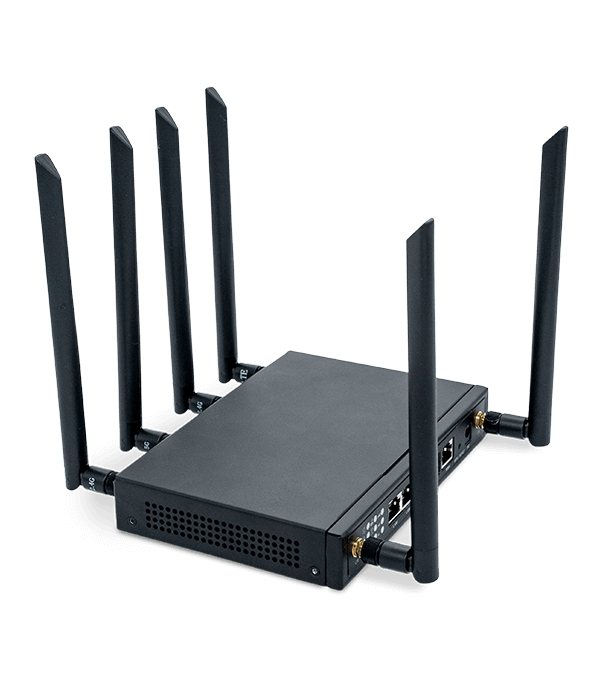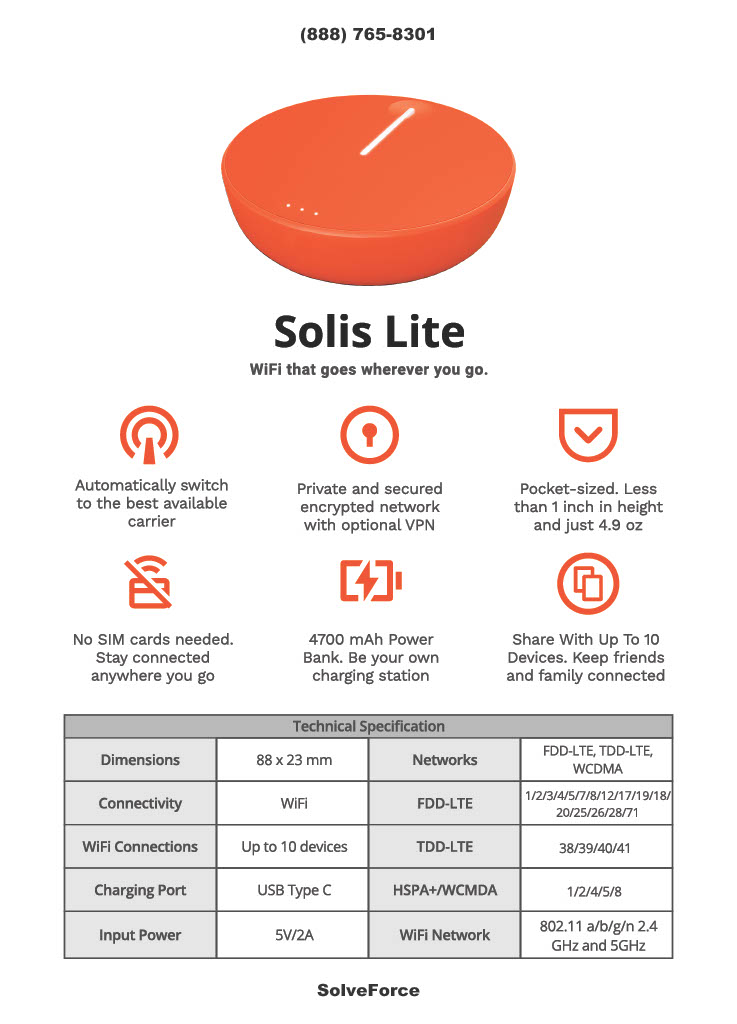
According to the Federal Communications Commission (FCC), as of 2022, there are an estimated 42 million Americans who do not have access to broadband internet. This number includes people who live in rural areas, low-income households, and tribal lands.
The number of communities without broadband varies widely across the United States. For example, in California, there are an estimated 1.3 million people who do not have access to broadband. This number represents about 4% of the state’s population.
There are a number of reasons why communities may not have access to broadband. In some cases, it may be due to geographic factors, such as mountains or forests that make it difficult to install broadband infrastructure. In other cases, it may be due to economic factors, such as low population density or low income levels.
The lack of broadband access can have a significant impact on communities. People who do not have broadband may have difficulty accessing education, healthcare, and employment opportunities. They may also be less likely to participate in civic engagement.
The federal government has taken some steps to address the lack of broadband access in communities. For example, the FCC has created the Rural Digital Opportunity Fund, which provides funding to broadband providers to expand service in rural areas. The FCC has also launched the Affordable Connectivity Program, which provides discounts on broadband service to low-income households.
Despite these efforts, there is still a long way to go to close the digital divide. The Biden administration has pledged to make universal broadband access a priority, and it will be important to see how the government’s efforts to address this issue progress in the coming years.
Here are some tips for living without broadband:
- Take advantage of public libraries and community centers that offer free or low-cost internet access.
- Use your smartphone or tablet to connect to the internet when you are away from home.
- Consider using a satellite internet provider if there is no other option available in your area.
- Get creative and find ways to stay connected without broadband. For example, you could listen to audiobooks, read books, or play board games with friends and family.










